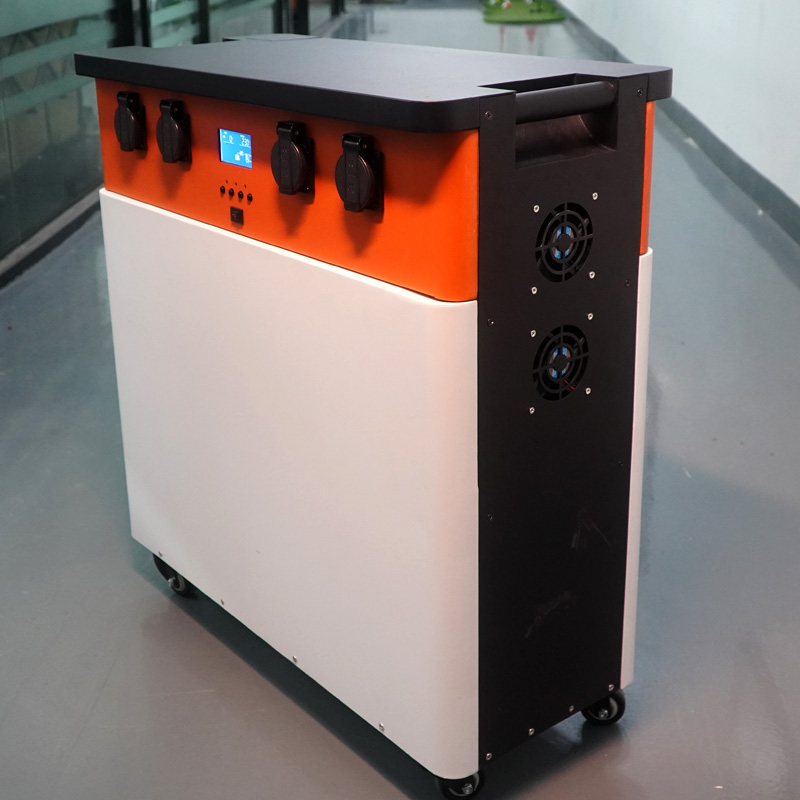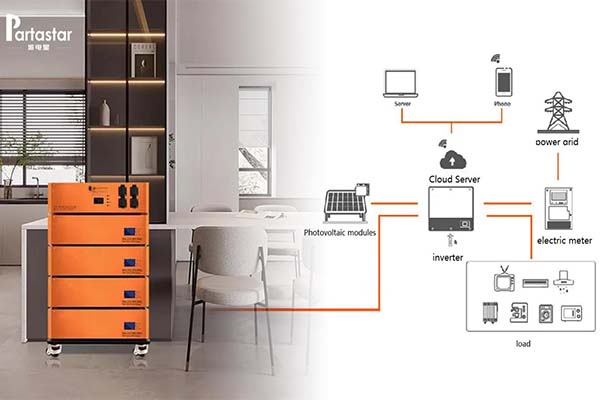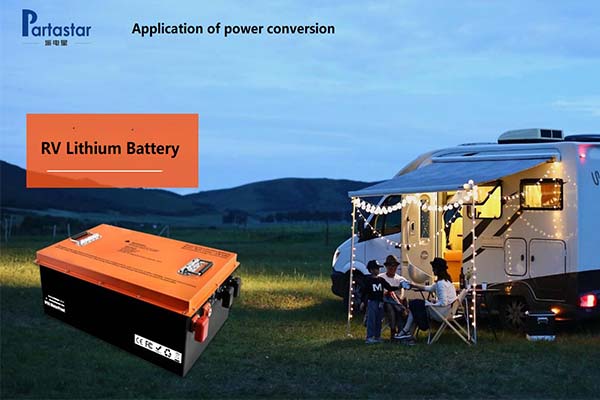A lithium battery power station is a useful device for outdoor activities or emergency situations where access to electricity is limited.It works by storing energy in a rechargeable battery and converting it from DC(direct current)to AC(alternating current)power through an inverter.In this article,we'll explore how a lithium battery power station works in more detail.
Components of a Portable Power Station
A typical lithium battery power station consists of a few key components:
1.Battery:This is the heart of the power station,where energy is stored.Portable power stations use rechargeable batteries,which can be lithium-ion or lead-acid.
2.Inverter:The inverter converts the DC power from the battery into AC power that can be used to power appliances and electronics.It maintains a steady voltage and frequency to ensure that the devices connected to the power station operate smoothly.
3.Input/output ports:These are the ports that allow you to charge the power station and connect devices such as smartphones,laptops,and lights.There are usually several input/output ports,including USB ports,AC outlets,and DC ports,each with a specific power rating.
4.Charge controller:This regulates the charging process and ensures that the battery is charged safely and efficiently.

How a Portable Power Station Works
When you charge a lithium battery power station,the battery stores energy.This energy can come from a variety of sources,such as a wall outlet,a car charger,or solar panels.The battery's capacity is measured in watt-hours(Wh)or amp-hours(Ah),which indicates how much energy it can store.
When you need to power a device,you connect it to the power station using one of the input/output ports.The inverter converts the DC power from the battery into AC power that can be used to power the device.The inverter can also regulate the voltage and frequency of the power,ensuring that it is stable and safe for your device.
The power station will continue to provide power until the battery is depleted.The amount of time the power station can provide power depends on several factors,including the capacity of the battery,the power consumption of the devices you're using,and the efficiency of the inverter.
Charging a Portable Power Station
There are several ways to charge a lithium battery power station.The most common method is to use a wall outlet or a car charger.You can plug the power station into a wall outlet using an AC adapter or a car charger using a DC adapter.
Another charging option is solar panels.Many lithium battery power stations come with built-in solar panels or can be charged using external solar panels.This makes them a great option for off-grid living and sustainable energy solutions.
When charging a lithium battery power station,it's important to use the correct charging method and to follow the manufacturer's instructions.Overcharging or undercharging the battery can lead to reduced battery life or even damage.
Maintenance of a Portable Power Station
To ensure that your lithium battery power station works well and lasts a long time,it's important to perform regular maintenance.This includes keeping the power station clean and dry,checking the battery's charge level,and storing the power station in a cool,dry place when not in use.
It's also important to avoid overloading the power station.Each input/output port has a specific power rating,and exceeding this rating can damage both the power station and the device you're trying to power.
In conclusion,a lithium battery power station is a useful device for providing electricity in outdoor activities or emergency situations.It works by storing energy in a rechargeable battery and converting it from DC to AC power through an inverter.When choosing a lithium battery power station,it's important to consider factors such as battery capacity,input/output ports,and charging options.By following the manufacturer's instructions and performing regular maintenance,you can ensure that your lithium battery power station works well and lasts a long time.



